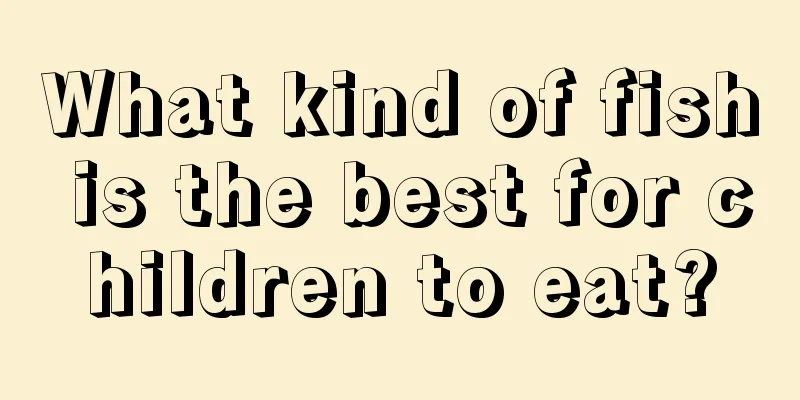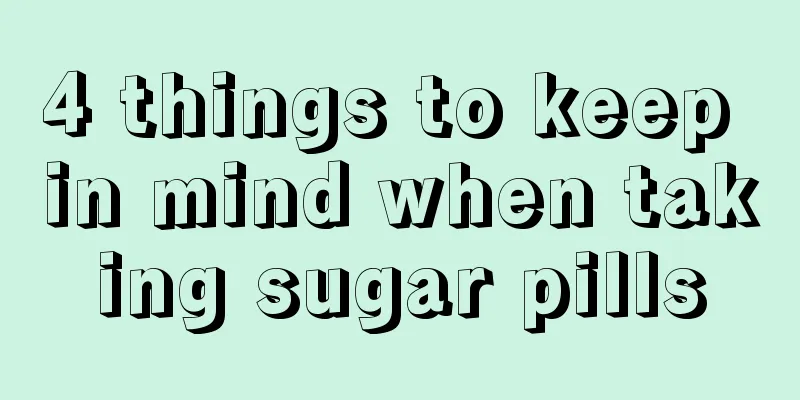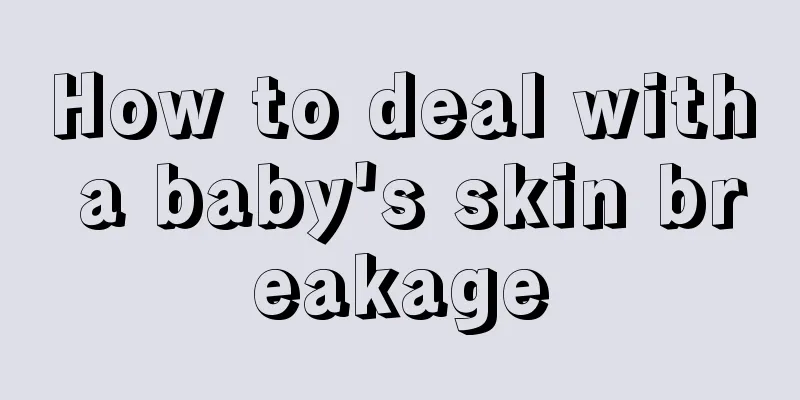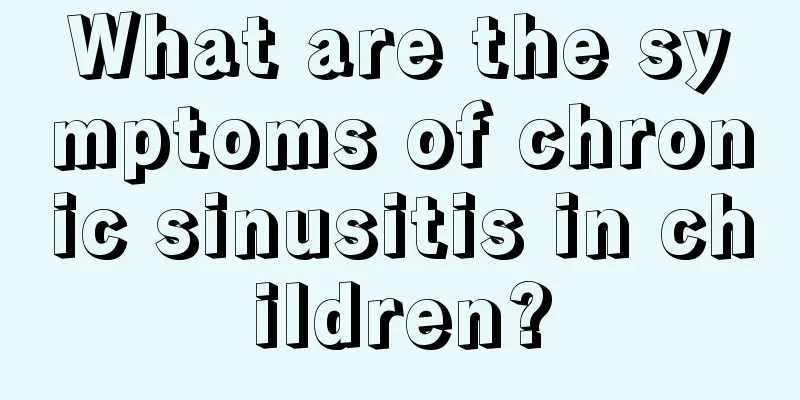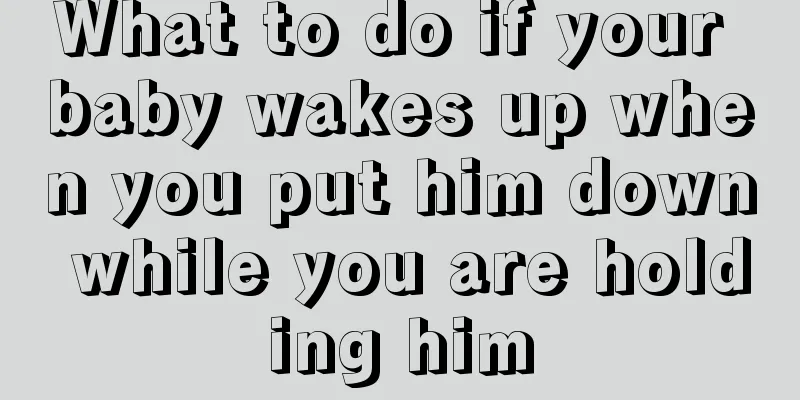What if my child has a fever after vaccination?
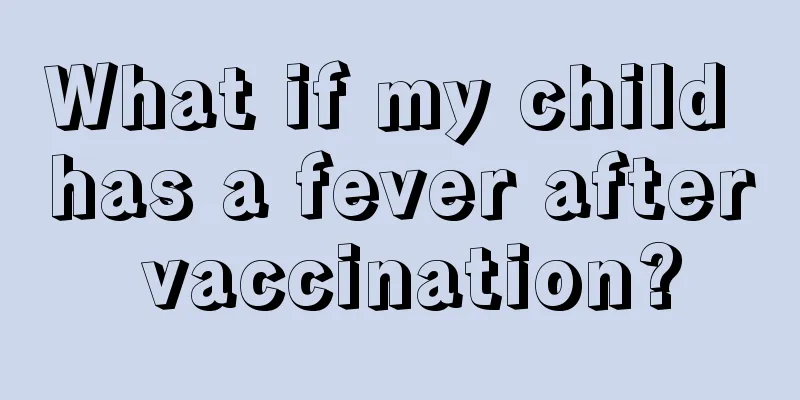
|
People will encounter some diseases in their lives, especially children in their early childhood are very susceptible to diseases. Because the comprehensive physical fitness of children at this period cannot be compared with that of adults, many children will be vaccinated to improve their immunity, but some children will develop a fever after vaccination. So, what happens if a child has a fever after vaccination? First, why do children have a fever after vaccination? Some babies have a fever after receiving the meningococcal vaccine due to physical discomfort, which makes many mothers at a loss! So what is the matter with babies having a fever after vaccination? Because after artificial auto-immune preparations are injected into the human body, they form an external stimulus to the human body, which can cause systemic reactions such as fever, and the intensity of the reaction varies with the vaccine. Because some babies will have mild adverse reactions after receiving the meningococcal vaccine, a few children will have local redness and mild pain for 1-2 days; systemic reactions include low fever, and 1%-4% of recipients may have a fever exceeding 38.5℃; allergic reactions may occur occasionally. Generally, if the fever does not exceed 38℃ and there are no other obvious discomforts, no special treatment is required, because this kind of fever is a normal reaction and will disappear in a short time. Second, some mothers find that their baby has a fever and they become worried and at a loss as to what to do. In fact, it is normal to have a fever after receiving the vaccine, so don't be too nervous mentally. First, you should look at the degree of fever. Generally, if the body temperature is below 38℃ and the child has no other obvious discomfort, no special treatment is needed, because this fever is a normal reaction and will disappear in a short time. Just use ice compresses or cold towels to reduce the baby's fever. However, if the body temperature is 38℃ or above, accompanied by general discomfort, a small dose of antipyretic can be given as appropriate, and the baby should drink plenty of water. This type of fever after vaccination usually lasts for a short time and is a reactive fever, so antibiotics are not necessary for treatment. If the fever persists or tends to gradually increase, it should be considered whether other infections have occurred during this period, and appropriate anti-infection treatment measures should be given according to the infection situation. After children are vaccinated, they may experience local itching. Do not let the children scratch. Otherwise, local infection may cause suppuration and lead to infectious fever. If this happens, local infection should be treated properly. If the local infection is severe, systemic antibiotics are required. Why does a child have a fever after vaccination? Some babies who cannot adapt to the meningococcal vaccine may have partial reactions, but generally these reactions can heal themselves if they are not serious. Among them, these reactions can be divided into two types: local reactions and systemic reactions: local reactions. After vaccination, some people may have a brief inflammatory reaction at the needle hole, some may have a mild inflammatory reaction with redness, swelling, heat and pain at the vaccination site, and some may also have local lymph node enlargement or lymphangitis. The above reactions usually subside within 48-72 hours, so there is no need to worry too much. Systemic reaction. A small number of people may experience systemic reactions such as fever, headache, dizziness, fatigue, drowsiness, and general discomfort after receiving certain vaccines. Some individuals may also experience symptoms such as nausea, vomiting, abdominal pain, and diarrhea. This systemic reaction is usually short-lived and usually disappears within 24 hours. If a very small number of babies have a persistent high fever, or a fever over 38 degrees, or systemic allergies that persist, these are more serious reactions and should be treated by a doctor. |
<<: What should I do if my child doesn’t want to sleep?
>>: What to do if your child has oral herpes and a fever
Recommend
What to do if your newborn has milk rash
Neonatal milk rash is a common disease in infants...
What vaccines should a two-year-old baby get?
Vaccines are something that babies must get. Of c...
What should children eat to improve their memory?
Today's only children are the apple of their ...
What should I do if my child coughs and vomits? These measures are very effective!
Many parents think that children’s coughing is no...
What to do if your child has a fever in summer
The most common fever among children in summer is...
What to do if your six-month-old baby doesn't poop for five days
Children's spleen and stomach are delicate, s...
Is it good for baby and child swimming?
I believe that many parents will take their babie...
How to deal with a crying baby who won't sleep
New mothers all have this problem, that is, their...
Can a 7 month old premature baby survive?
The survival rate of seven-month-old premature ba...
Use sesame oil on baby's lip
Babies in their early childhood are very naughty....
Pseudo-precocious puberty in children
With the improvement of living standards, more an...
What should I do if my child suddenly develops red bumps on his body?
If a child develops red bumps on his body, it is ...
Reasons for weaning babies at a few months
The most important diet for a newborn baby is sti...
What to do if a four-year-old child keeps coughing
A four-year-old baby's body resistance is sti...
The baby has a white hair
Babies' hair is actually black since birth. B...
